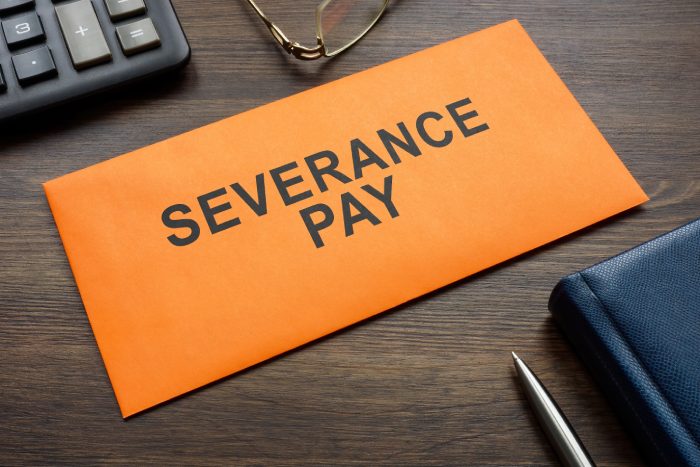One of the reasons Lebau & Neuworth is consistently named among Maryland's best lawyers is that we have experience in dealing with severance pay claims. What is severance pay? It is a pay and benefits package an employee receives when leaving a company. But there are things you must watch out for. When determining whether you are eligible for severance pay under your employer’s severance pay plan, it is important to consider both the language of the plan and the requirements of the Employee Retirement Income Security Act (“ERISA”), the federal law that governs such plans. Recently The United States District Court For The District Of Maryland addressed this issue in Kirby v. Frontier Medex. There, Mr. Kirby was former the CEO of Medex. Medex underwent a change in control during a merger on February 16, 2011. Under the terms of his employer’s severance pay plan Mr. Kirby would be eligible for severance pay if he were terminated within one year of the change in control. Medex ended Mr. Kirby’s work duties, putting him on permanent leave with pay, on January 24, 2012. On that date he was also notified in writing that he would be formally terminated on February 23, 2012, one week after the severance eligibility period ended. Mr. Kirby subsequently sued claiming that his employer improperly refused to pay him severance under the plan; alleging he was actually terminated on January 24, 2012, within the one-year eligibility period. The court considered two different ways Mr. Kirby’s employer possibly improperly denied him severance pay. First, the court considered a breach of contract claim. Under this analysis the court considered whether Mr. Kirby’s employer violated the terms of the severance agreement. The court found that his employer’s actions were acceptable under the terms of the severance plan; therefore, they had not improperly refused to pay Mr. Kirby severance. The court went on to consider whether the employer interfered with Mr. Kirby’s rights under ERISA. Mr. Kirby asserted that he was actually terminated on January 24, 2012, when all his duties ended, however, he claimed that his employer continued to pay him until February 23, 2012 for the purpose of depriving him of severance benefits. Under ERISA section 1140, it's unlawful for any person to discharge, fine, suspend, expel, discipline, or discriminate against a benefits plan participant or beneficiary for the purpose of interfering with the attainment of any right to which he may become entitled under the plan. The court looked to section 1140 and determined that Mr. Kirby’s employer’s actions may have been in violation of ERISA, a question that would have to be resolved by a jury, rather than the court. This case illustrates two very important points. First, the terms of an employer’s severance or other benefit plan will often favor the employer and courts will often interpret them in an employer’s favor. Second, even if an employer’s acts do not violate the terms of a benefit plan, they may violate the protections of ERISA. If you think your employer is improperly interfering with your right to severance or other benefits, the attorneys at Lebau & Neuworth may be able to help. We are experienced in dealing with these types of claims. For more information, contact us today.









